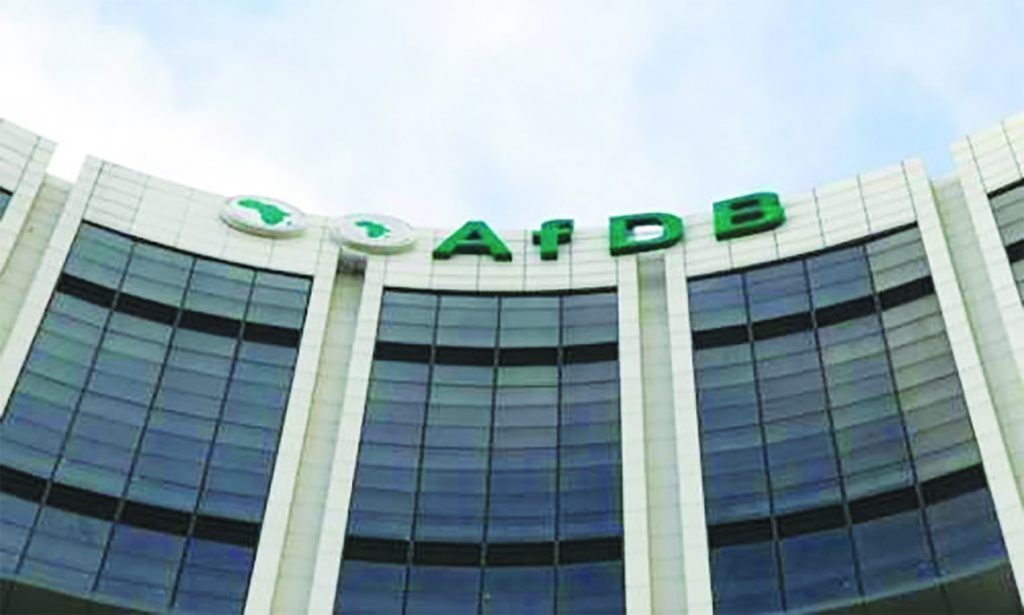The African Development Bank (AfDB) has set an ambitious goal to produce an additional 120 million metric tonnes of food by 2025, with a particular emphasis on increasing wheat production in West and Central Africa. This announcement was made by Abdul Kamara, the Director General of the AfDB Nigeria Country Department, during the 2024 West and Central Africa Regional Wheat Summit in Abuja. The summit, themed “Prioritising Policy, Innovative Technologies, and Investments in Wheat Transformation towards Sustainable Food Security and Economy,” underscored the pressing challenges faced by the region’s agriculture sector. Kamara highlighted the increasing demand for wheat as a result of population growth and urbanization, while concurrently noting that domestic production has struggled to keep pace, leading to a high dependency on imports.
The situation is aggravated by external geopolitical tensions, particularly the conflict between Russia and Ukraine, which have heightened food security risks in the region. Kamara pointed out that despite the rising demand for wheat, the lack of sufficient domestic production has compelled many West and Central African nations to rely heavily on foreign supplies. In light of these pressures, he emphasized the urgent need for local production initiatives and strategies to transition the region towards self-sufficiency rather than continued import reliance. The AfDB’s response, through its Feed Africa initiative launched in 2016, centers around a ten-year blueprint aimed at revitalizing agriculture into a competitive agribusiness landscape across the continent.
A pivotal component of the Feed Africa initiative, termed the Technologies for African Agricultural Transformation, seeks not only to increase agricultural productivity across the continent but also aims to double the output of crops, livestock, and fisheries by 2025. Kamara remarked that the initiative seeks to support over 40 million farmers, aspiring to lift approximately 130 million people out of poverty. He emphasized the significance of wheat as a staple food for millions across Africa, asserting its vital role in enhancing food security and driving economic growth in the region. In this context, Kamara called for stakeholders to focus on enhancing local production capabilities to safeguard future food availability and security.
Dr. Solomon Gizaw, Head of the TAAT Clearinghouse, echoed Kamara’s sentiments, stressing the urgent need for significant investments in the wheat value chain. He provided statistics indicating that wheat consumption in Sub-Saharan Africa has surged by over 6% over the last decade, highlighting the potential market for increased local production. Countries such as Nigeria and Cameroon are reportedly developing National Wheat Road Maps, focusing on strategies to enhance domestic production. Gizaw reported that TAAT, over a span of six years, has successfully distributed heat-tolerant wheat varieties to more than 12 million farmers, resulting in an impressive estimated increase in crop production of 25 million metric tonnes.
The summit also included perspectives from local leaders, including Jigawa State Governor Umar Namadi, who discussed the unique challenges and potential successes within his state regarding wheat production initiatives. Namadi shared his administration’s efforts to allocate land specifically for wheat cultivation, boasting a commitment to increase the area devoted to wheat farming significantly. He emphasized the belief in the potential of local resources and expressed optimism regarding investments made to support farmers in his state. Additionally, Mr. Elzubeir Ibrahim, Managing Director of Nile Sun Seed Company Ltd, lent support to these sentiments, highlighting opportunities within the growing market demand for heat-tolerant wheat varieties.
This two-day summit was strategically designed to bolster collaborations among governments, research institutions, and private sector players towards developing a sustainable wheat industry in West and Central Africa. Kamara articulated a hopeful vision for the future of wheat production, urging regional stakeholders to collectively address the challenges while seizing opportunities inherent in the current circumstances. He emphasized the importance of creating resilient agricultural systems that can effectively support food security and stimulate economic growth throughout Africa. The discussions and partnerships forged during the summit are seen as critical steps towards achieving increased agricultural productivity and ensuring the region can meet its growing food demands in a sustainable manner.














